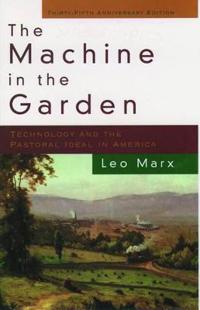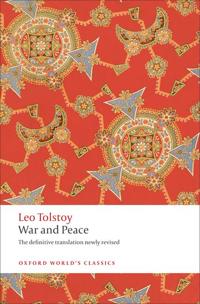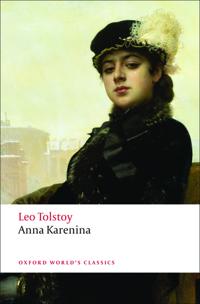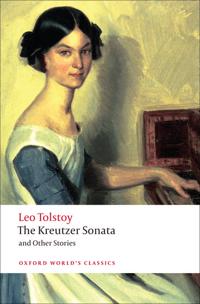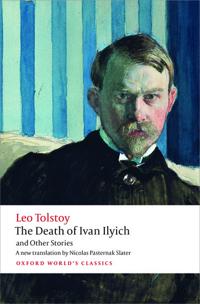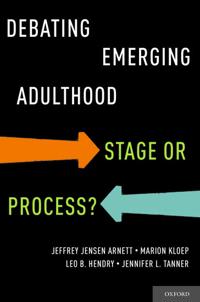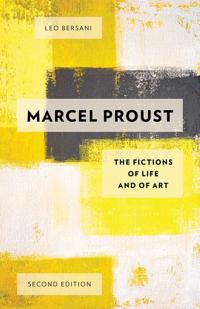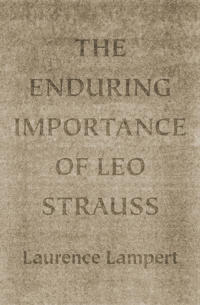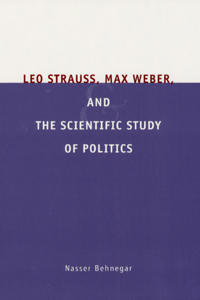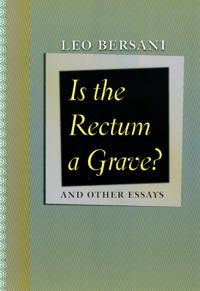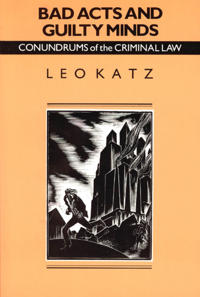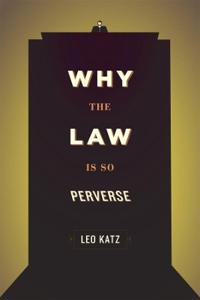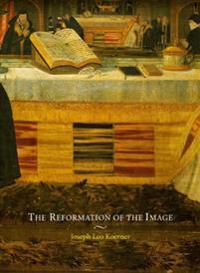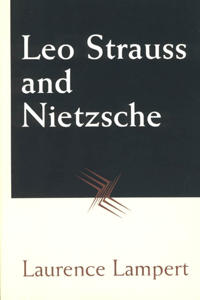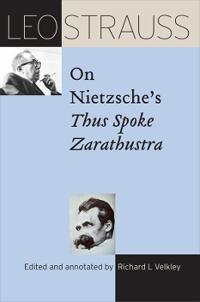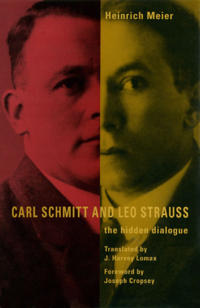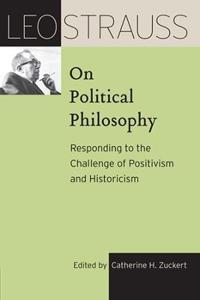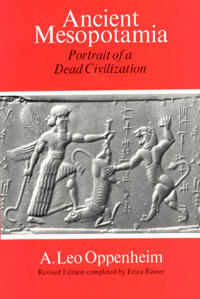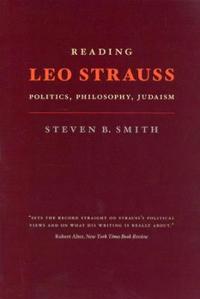Conjunction, Contiguity, Contingency: On Relationships Between Events In The Egyptian And Coptic Verbal Systems (Inbunden)
avLeo Depuydt
ISBN: 9780195080926 - UTGIVEN: 1997-06-01Commercial Culture: The Mass Media System and the Public Interest (Inbunden)
avLeo Bogart
ISBN: 9780195090987 - UTGIVEN: 1996-05-30The Machine in the Garden (Häftad)
avLeo Marx
ISBN: 9780195133516 - UTGIVEN: 199911For over four decades, Leo Marx's work has focused on the relationship between technology and culture in 19th- and 20th-century America. His research helped to define-and continues to give depth to-the area of American studies concerned with the links between scientific and technological advances, a[...]
War and Peace (Häftad)
avLeo Tolstoy, Louise Maude, Aylmer Maude
ISBN: 9780199232765 - UTGIVEN: 201010'If life could write, it would write like Tolstoy.' Isaac Babel Tolstoy's epic masterpiece intertwines the lives of private and public individuals during the time of the Napoleonic wars and the French invasion of Russia. The fortunes of the Rostovs and the Bolkonskys, of Pierre, Natasha, and Andre[...]
Anna Karenina (Pocket)
avLeo Tolstoy, Louise Shanks Maude, Aylmer Maude
ISBN: 9780199536061 - UTGIVEN: 200807In 1872 the mistress of a neighbouring landowner threw herself under a train at a station near Tolstoy's home. This gave Tolstoy the starting point he needed for composing what many believe to be the greatest novel ever written. In writing Anna Karenina he moved away from the vast historical sweep o[...]
Resurrection (Pocket)
avLeo Tolstoy
ISBN: 9780199555765 - UTGIVEN: 2009-08-29Resurrection, the last of Tolstoy's major novels, tells the story of a nobleman's attempt to redeem himself for the suffering his youthful philandering caused a peasant girl. Tolstoy's vision of redemption achieved through loving forgiveness, and his condemnation of violence dominate the novel. An i[...]
The Kreutzer Sonata and Other Stories (Pocket)
avLeo Tolstoy, Richard F. (EDT) Gustafson, Aylmer (TRN) Maude
ISBN: 9780199555796 - UTGIVEN: 2009-10'To love him was not enough for me after the happiness I had felt in falling in love. I wanted movement and not a calm course of existence. I wanted excitement and danger and the chance to sacrifice myself for my love.' Leo Tolstoy, known to the world for his famous novels, also created throughout h[...]
The Death of Ivan Ilyich and Other Stories (Pocket)
avLeo Tolstoy, Nicolas Pasternak (TRN) Slater, Andrew (INT) Kahn
ISBN: 9780199669882 - UTGIVEN: 2015-03'no one pitied him as he would have liked to be pitied' As Ivan Ilyich lies dying he begins to re-evaluate his life, searching for meaning that will make sense of his sufferings. In 'The Death of Ivan Ilyich' and the other works in this volume, Tolstoy conjures characters who, tested to the limit,[...]
Debating Emerging Adulthood (Inbunden)
avJeffrey Jensen Arnett, Marion Kloep, Leo B. Hendry
ISBN: 9780199757176 - UTGIVEN: 201102The transition from adolescence to adulthood has undergone significant changes in recent decades. Unlike a half century ago, when young people in industrialized countries moved from adolescence into young adulthood in relatively short order at around age 20, now the decade from the late teens to the[...]
Marcel Proust (Häftad)
avLeo Bersani
ISBN: 9780199931514 - UTGIVEN: 201307Leo Bersani is an eminent literary critic whose influential work spans half a century. His vast, in many ways unclassifiable, oeuvre has traversed and blurred the boundaries of the disciplines of modern French literature, literary criticism, psychoanalysis, art history, film theory, philosophical ae[...]
The Enduring Importance of Leo Strauss (Inbunden)
avLaurence Lampert
ISBN: 9780226039480 - UTGIVEN: 201309In The Enduring Importance of Leo Strauss, Laurence Lampert takes on the crucial task of separating what is truly important in the work of Leo Strauss from the ephemeral politics associated with his school. Lampert focuses on exotericism - the use of artful rhetoric to simultaneously communicate a s[...]
Leo Strauss, Max Weber, and the Scientific Study of Politics (Pocket)
avNasser Behnegar
ISBN: 9780226041438 - UTGIVEN: 2005-07Almost three decades after Leo Strauss's death, Nasser Behnegar offers the first sustained exposition of what Strauss was best known for: his radical critique of contemporary social science - particularly of political science. Behnegar argues that Strauss was not averse to the scientific study of po[...]
Intimacies (Häftad)
avLeo Bersani, Adam Phillips
ISBN: 9780226043456 - UTGIVEN: 2010-07Two gifted and highly prolific intellectuals, Leo Bersani and Adam Phillips, here engage in a fascinating dialogue about the problems and possibilities of human intimacy. Their conversation takes as its point of departure psychoanalysis and its central importance to the modern imagination - though e[...]
Is the Rectum a Grave? (Pocket)
avLeo Bersani
ISBN: 9780226043548 - UTGIVEN: 200912Over the course of a distinguished career, critic Leo Bersani has tackled a range of issues in his writing, and this collection gathers together some of his finest work. Beginning with one of the foundations of queer theory - his famous meditation on how sex leads to a shattering of the self, "Is th[...]
Leo Strauss and the Problem of Political Philosophy (Inbunden)
avMichael P. Zuckert, Catherine H. Zuckert
ISBN: 9780226135731 - UTGIVEN: 2014-06-27Bad Acts and Guilty Minds (Pocket)
avLeo Katz
ISBN: 9780226425924 - UTGIVEN: 1987-12With wit and intelligence, Leo Katz seeks to understand the basic rules and concepts underlying the moral, linguistic, and psychological puzzles that plague the criminal law. "Bad Acts and Guilty Minds ...revives the mind, it challenges superficial analyses, it reminds us that underlying the vast bo[...]
Why the Law is So Perverse (Inbunden)
avLeo Katz
ISBN: 9780226426037 - UTGIVEN: 2011-09Conundrums, puzzles, and perversities: these are Leo Katz's stock-in-trade, and in "Why the Law Is So Perverse", he focuses on four fundamental features of our legal system, all of which seem to not make sense on some level and to demand explanation. First, legal decisions are essentially made in an[...]
Leo Strauss and Nietzsche
ISBN: 9780226468266 - UTGIVEN: 1997-12The political philosopher Leo Strauss has been credited by conservatives with the recovery of the great tradition of political philosophy stretching back to Plato. Strauss left a strongly negative assessment of Nietzsche as the modern philosopher most at odds with that tradition and most responsible[...]
Leo Strauss on Nietzsche's Thus Spoke Zarathustra
ISBN: 9780226486635 - UTGIVEN: 2017-12Although Leo Strauss published little on Nietzsche, his lectures and correspondence demonstrate a deep critical engagement with Nietzsche's thought. One of the richest contributions is a seminar on Nietzsche's Thus Spoke Zarathustra, taught in 1959 during Strauss's tenure at the University of Chicag[...]
Carl Schmitt And Leo Strauss
ISBN: 9780226518886 - UTGIVEN: 2006-11Carl Schmitt was the most famous and controversial defender of political theology in the twentieth century. But in his best-known work, "The Concept of the Political," issued in 1927, 1932, and 1933, political considerations led him to conceal the dependence of his political theory on his faith in d[...]
Leo Strauss on Political Philosophy: Responding to the Challenge of Positivism and Historicism
ISBN: 9780226566825 - UTGIVEN: 2018-07Leo Strauss is known primarily for reviving classical political philosophy through careful analyses of works by ancient thinkers. As with his published writings, Strauss's seminars devoted to specific philosophers were notoriously dense, accessible only to graduate students and scholars with a good [...]
Ancient Mesopotamia (Häftad)
avA.Leo Oppenheim
ISBN: 9780226631875 - UTGIVEN: 197709"This splendid work of scholarship . . . sums up with economy and power all that the written record so far deciphered has to tell about the ancient and complementary civilizations of Babylon and Assyria."--Edward B. Garside, "New York Times Book Review"
Ancient Mesopotamia--the area now [...]Reading Leo Strauss
ISBN: 9780226763897 - UTGIVEN: 2007-04Interest in Leo Strauss is greater now than at any time since his death, mostly because of the purported link between his thought and the political movement known as neoconservatism. Steven B. Smith, though, surprisingly depicts Strauss not as the high priest of neoconservatism but as a friend of li[...]



